The first black star in Denver Broncos history was Ring of Famer Gene Mingo.
While fellow Ring of Famer Lionel Taylor was a magnificent player for the Broncos, Taylor did not actually join the team until Week 3 of the 1960 season.
By then Mingo had already had what he described to me as "the game of my life," starring in an opening night win over the Boston Patriots in the first game in American Football League and Broncos history.
Mingo was there at the start of the AFL and of the Broncos, and at that time, he was among what now would be considered few African-American players in the game. He was both one of the few players with no college experience — having gotten his start for powerful service teams while in the United States Navy — and he was the first black placekicker in pro football history.
So he was a pioneer on several fronts, and it is safe to describe his situation as one that did not exactly involve opportunity knocking at his door.
He grew up as a tough kid from a tough part of Akron, Ohio, and during his junior year of high school he left school to join the Navy.
And from there, a future Denver Broncos Ring of Famer developed.
The strapping young sailor was assigned to work in the cafeteria, where, he says, "we were throwing around fresh-cooked loaves of bread, and the chief cook came out and raised hell with us. He said, 'If you want to play football, I'll send you to a place where you can play football.'"
The young Mingo was transferred to the Little Creek Amphibious Base, which had a powerful team called the Little Creek Gators, and it was there that he began to hone the skills that made him a future pro.
He got out of the Navy just after New Year's Day in 1959, went to work back in Akron, but also began a letter-writing campaign that included one to Dean Griffing, the Broncos' first general manager.

Mingo's 1960 contract was for $6,500, and he recalls of that time in America, "There were a lot of taboos in pro football back in 1960, and it was harder for a black man."
Indeed, the 1960 Broncos official team picture shows seven original Broncos were black players on that team on opening day.
One of the first road games was a preseason contest against the Dallas Texans in Little Rock, Arkansas.
As they got off the bus to go out on the field in Little Rock, Mingo recalls that some white guys "used the n-word, and were pretty rough — 'If you hit one of those white boys, we're going to shoot you, we're going to lynch you,' that type of stuff. We played the game without any incidents, but still, something like that never leaves your mind."
Denver lost that game, 48-0 and went 0-5 in preseason, all on the road, so the Broncos quickly became the laughingstock of the new league, but then the team headed to Boston to play the Patriots on a Friday night for the first game in AFL history.
And for the Broncos, a star was born, and his name was Mingo.
"Nobody could have touched me on Sept. 9, 1960, when we played Boston. Here I was, a kid who did not even graduate high school and now he's starting a pro career that nobody really expected him to have, let along score the winning touchdown on a punt return. That can never be broken."
He was not scheduled to see any action as a return man that night, but the Denver kick returners had sustained first-half injuries and at the end of the half, head coach Frank Filchock approached Mingo and said, "Mingo, you're running back punts and kickoffs."
Every player lent his support to the nervous Mingo, who specifically recalled, "all our black players came over to me and gave me some encouragement. I was scared, but I was excited, too."
Late in the third quarter, Boston took a 10-7 lead, but on their next possession the Patriots were forced to punt. Mingo caught it at the Denver 24 and took off.
"I can still see it now," Mingo said. "I made like I was making a move to my left, then back to my right. I picked up my blockers and just ran down the sideline. When I got there, I was so tired that I couldn't kick the extra point, and kicked a big divot out of the ground.
"When Frank Filchock told me at halftime that I was going to be running back kicks, I was scared. But when I caught that punt, and was going down our sideline and I could see Filchock and some of the guys waving me on, that was one of the best feelings ever. There's no way to describe it. To get down there and not knowing at the time that it was going to be the winning points, it was just wonderful."
The Broncos' Ring of Fame weekend for Gene Mingo, Rick Upchurch and Dan Reeves kicked off with Friday night's unveiling of pillars and a ceremonial dinner.


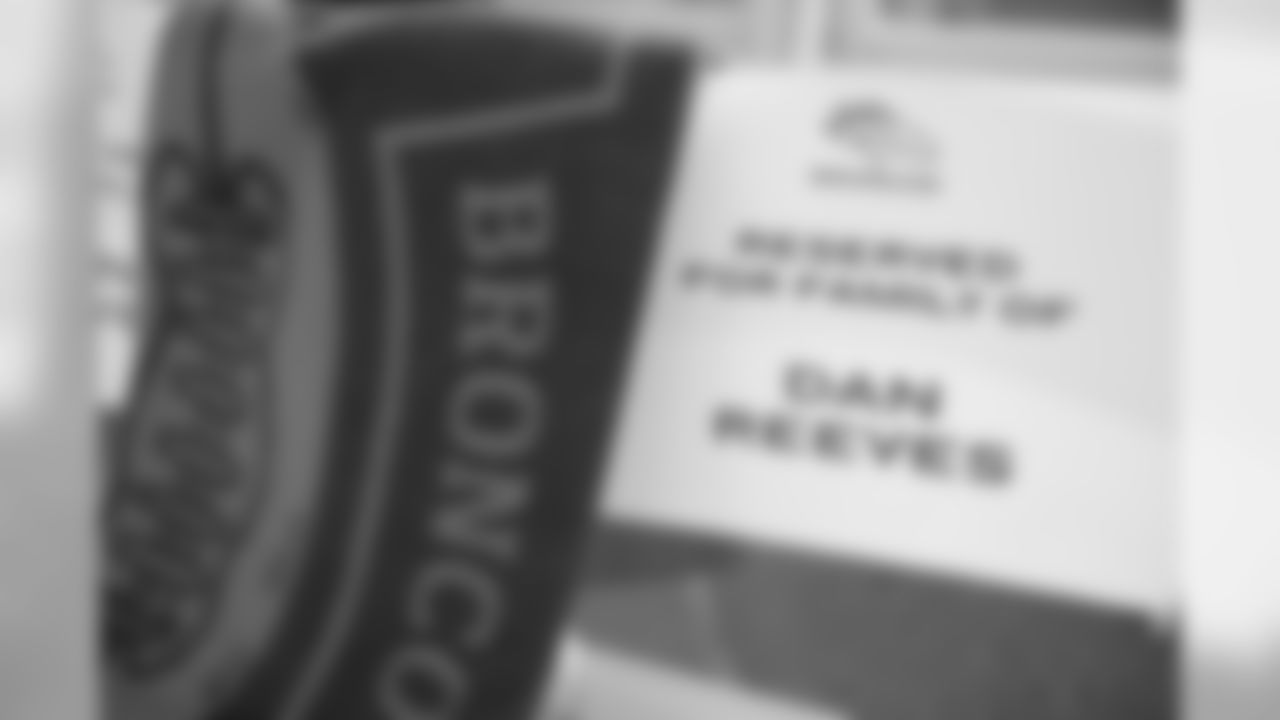

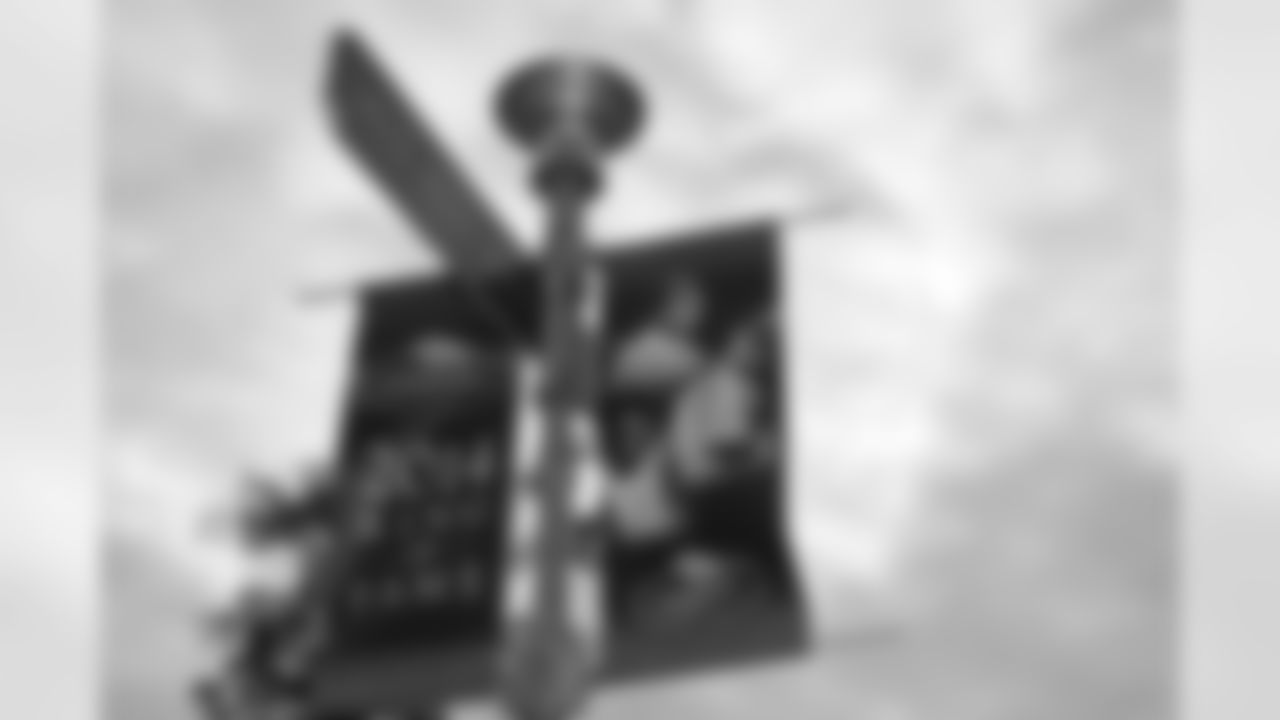



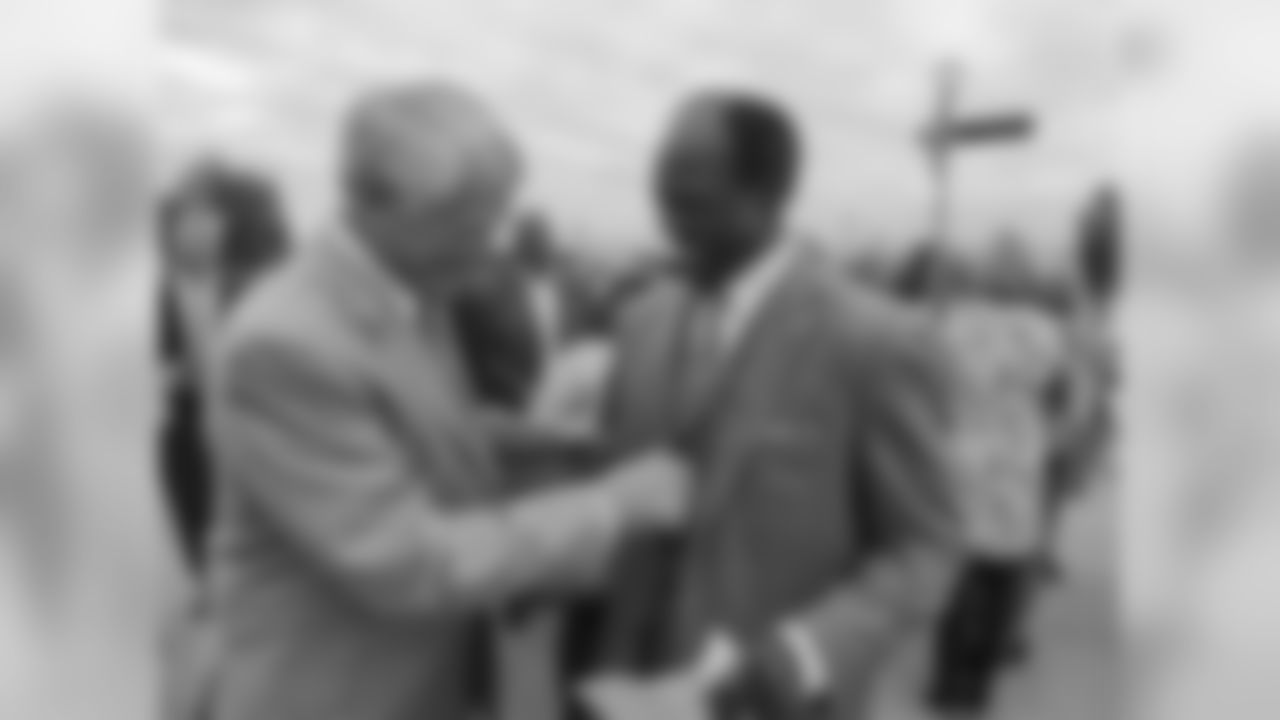
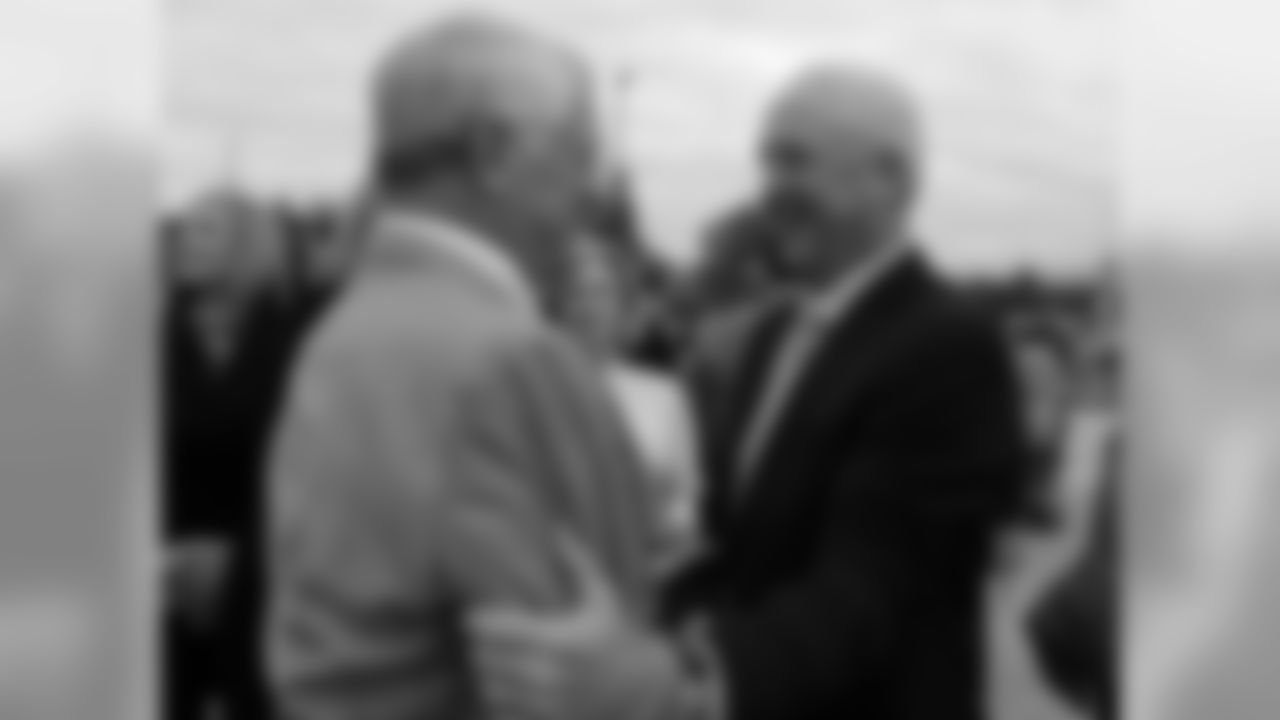
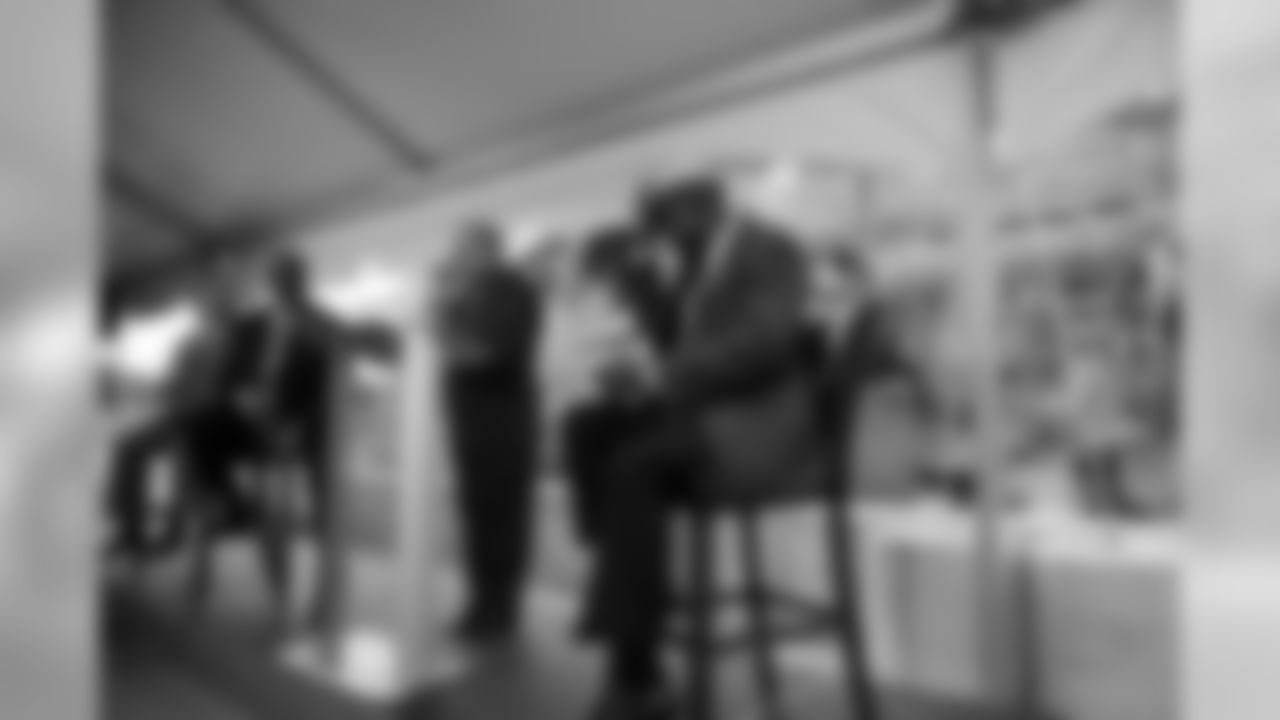
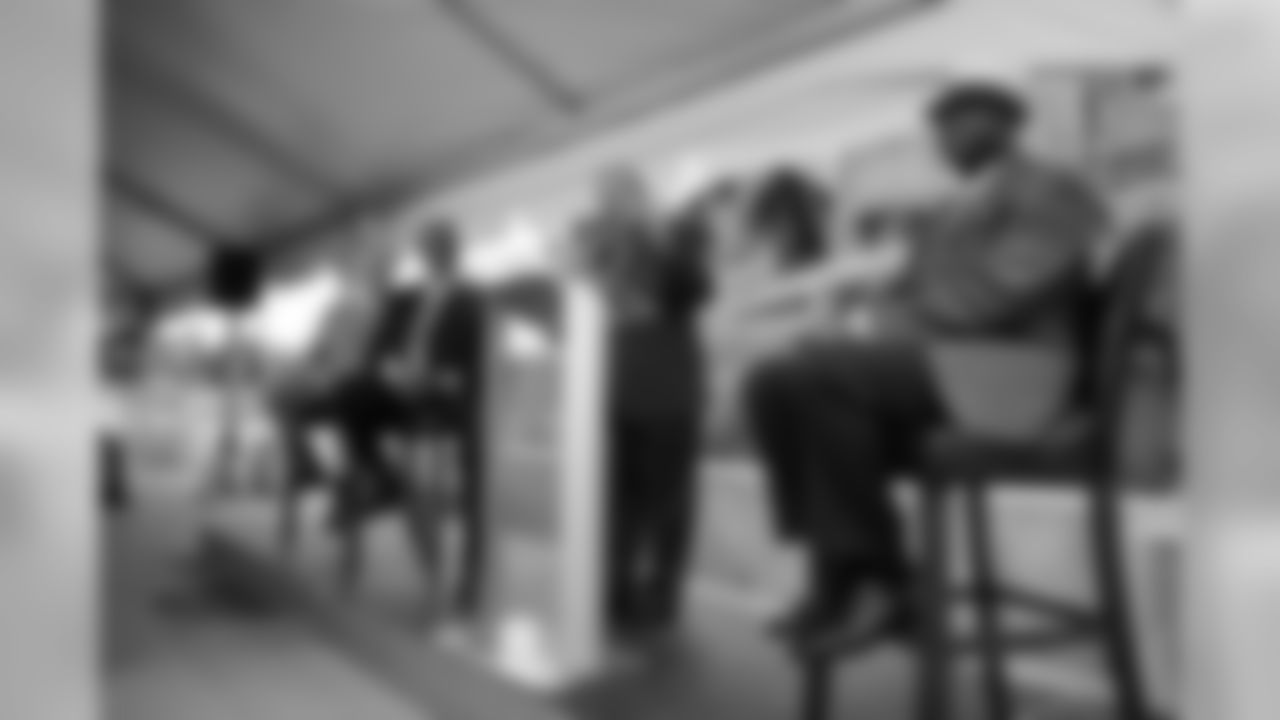
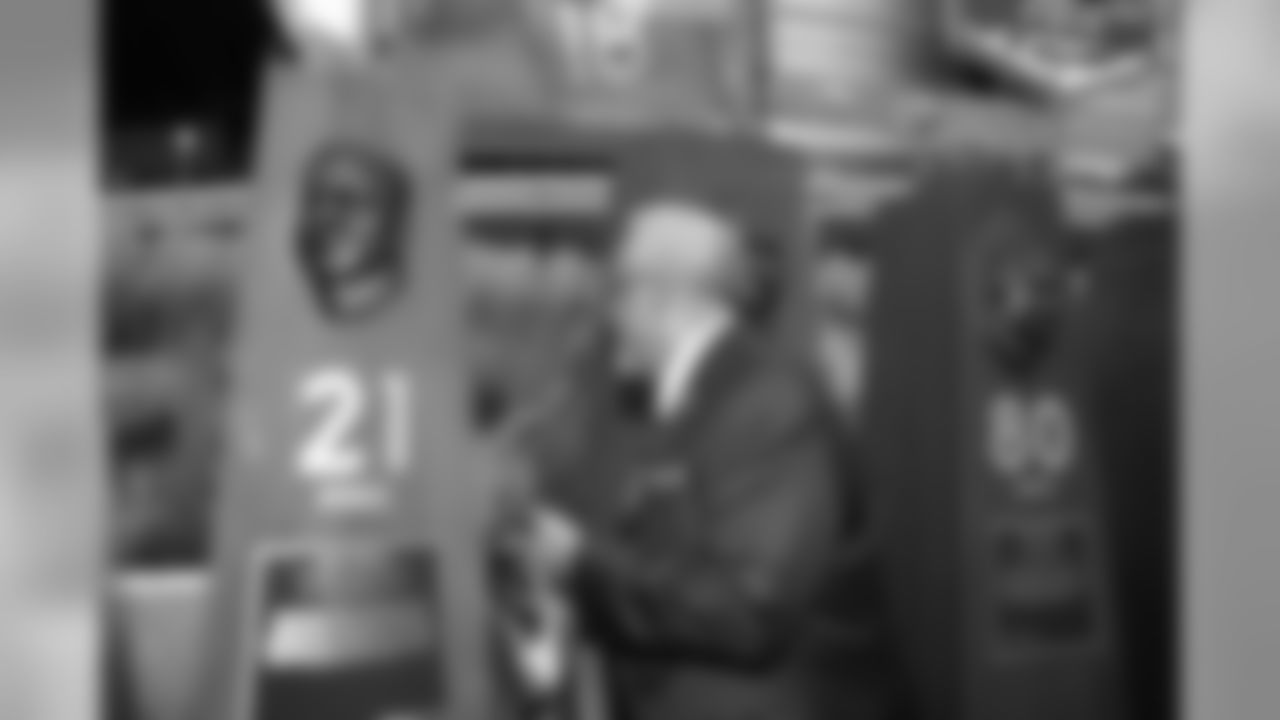
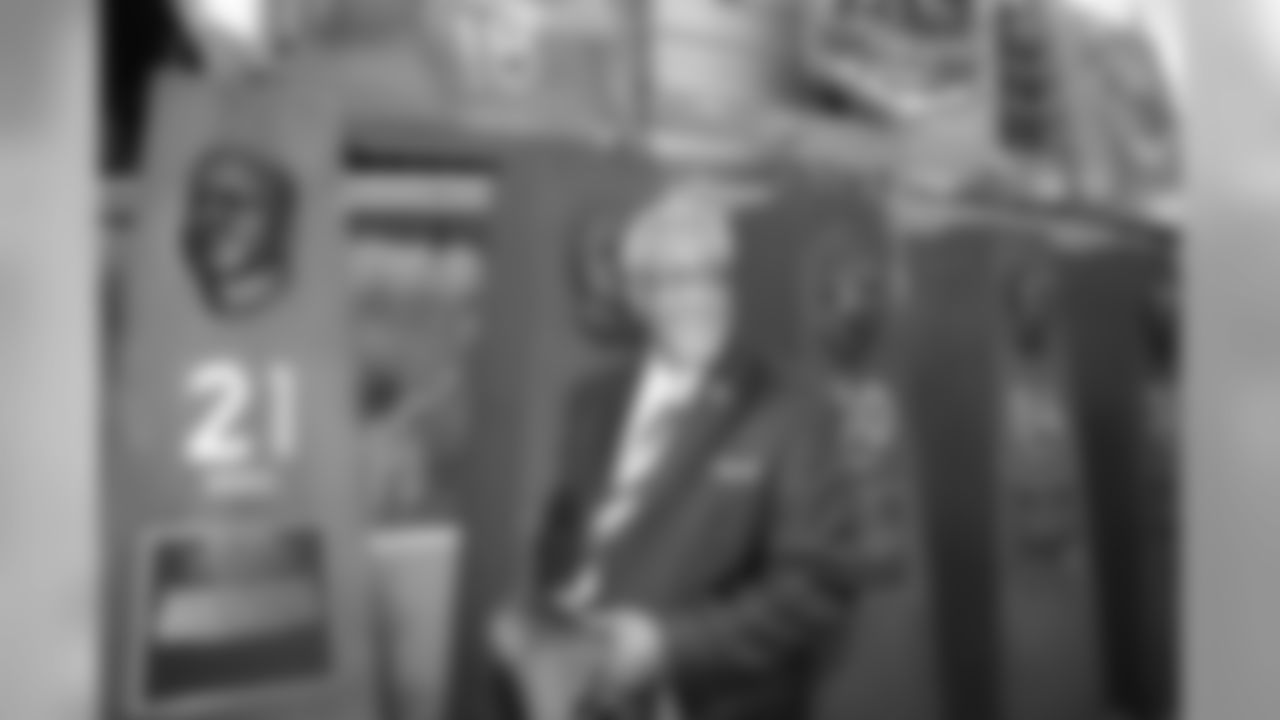
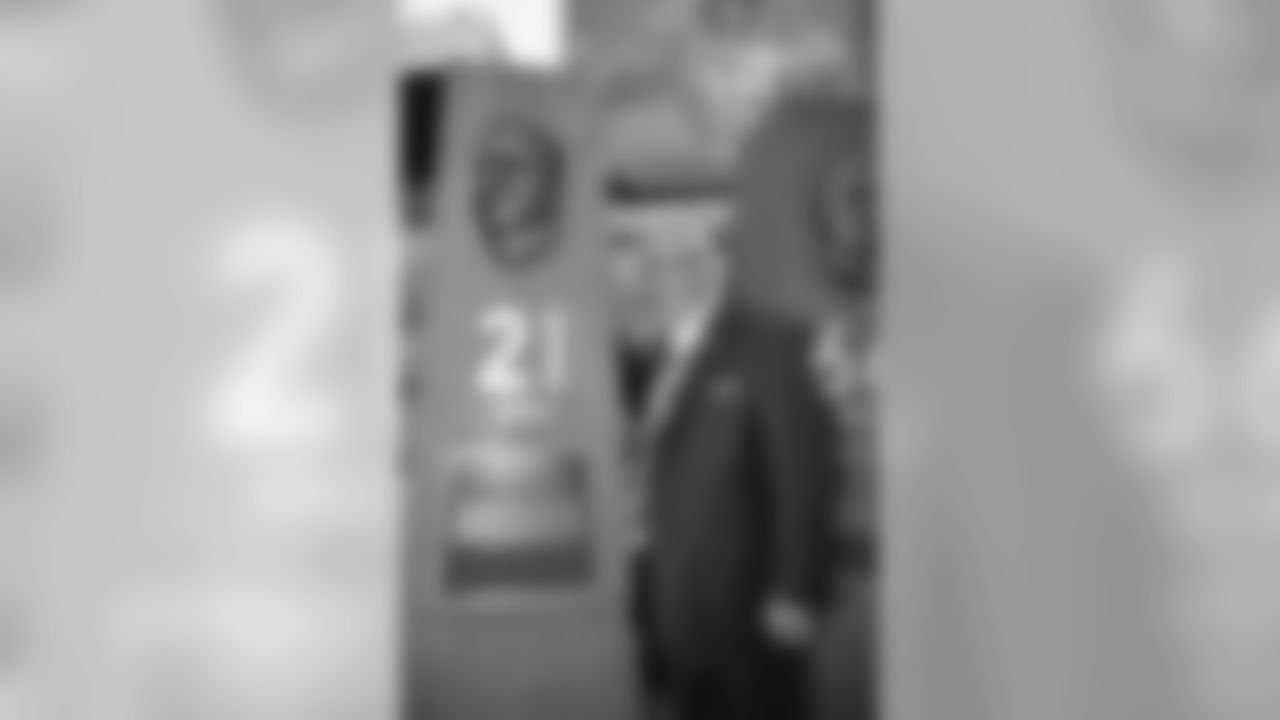

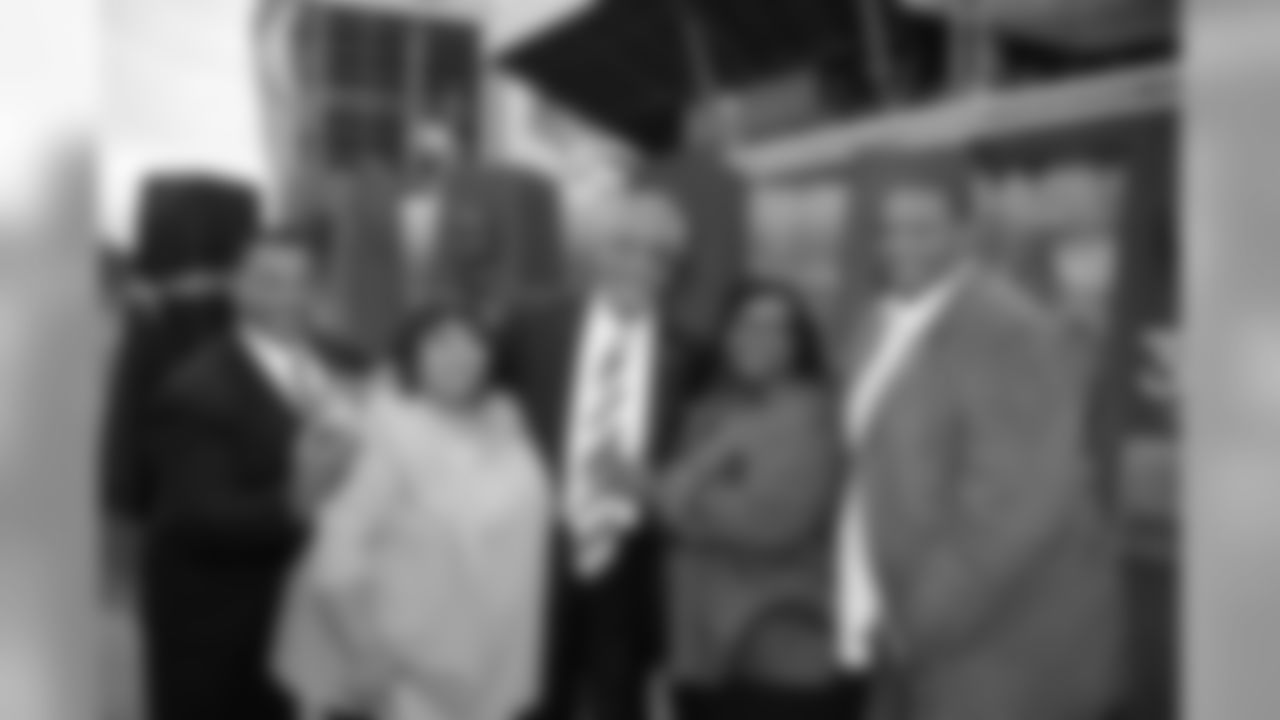

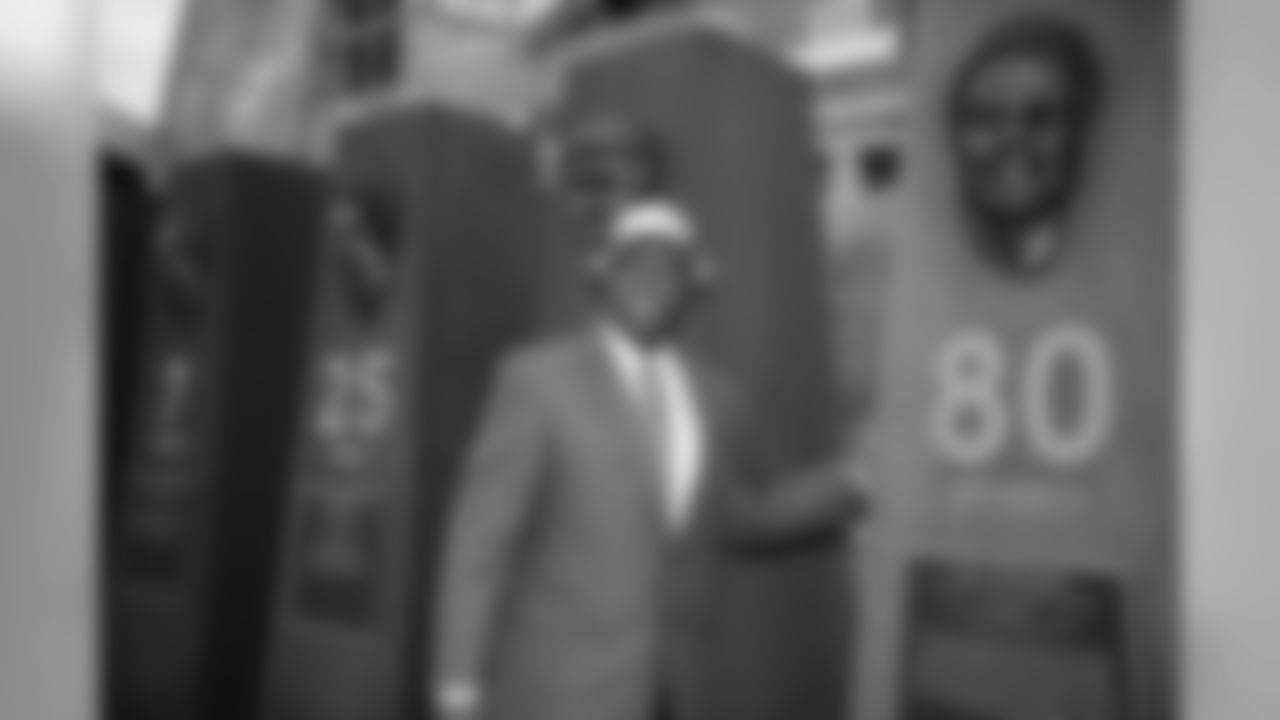
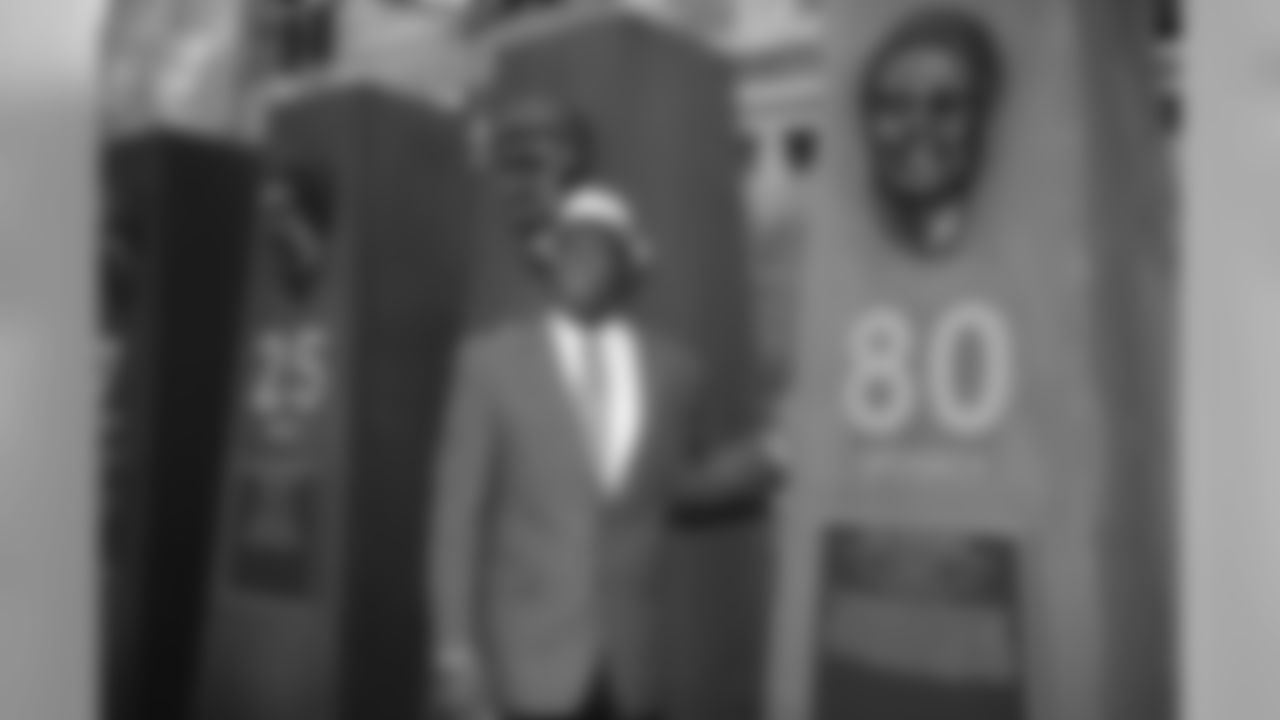
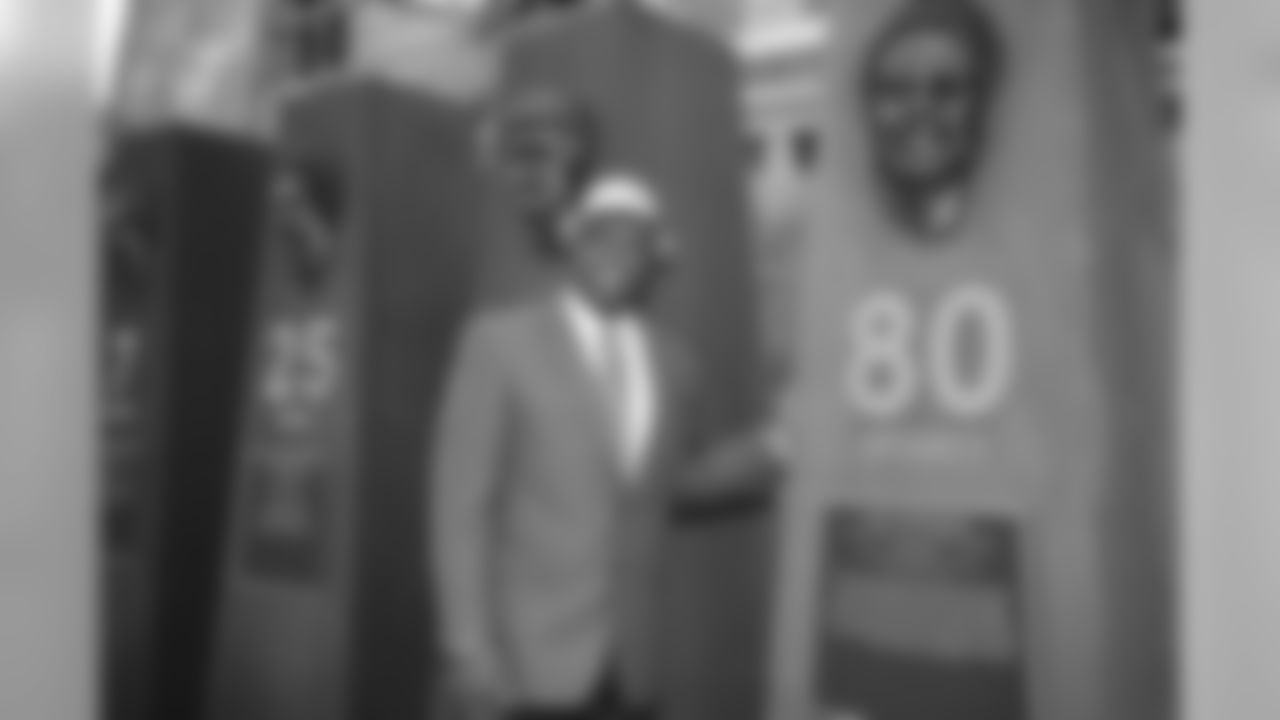
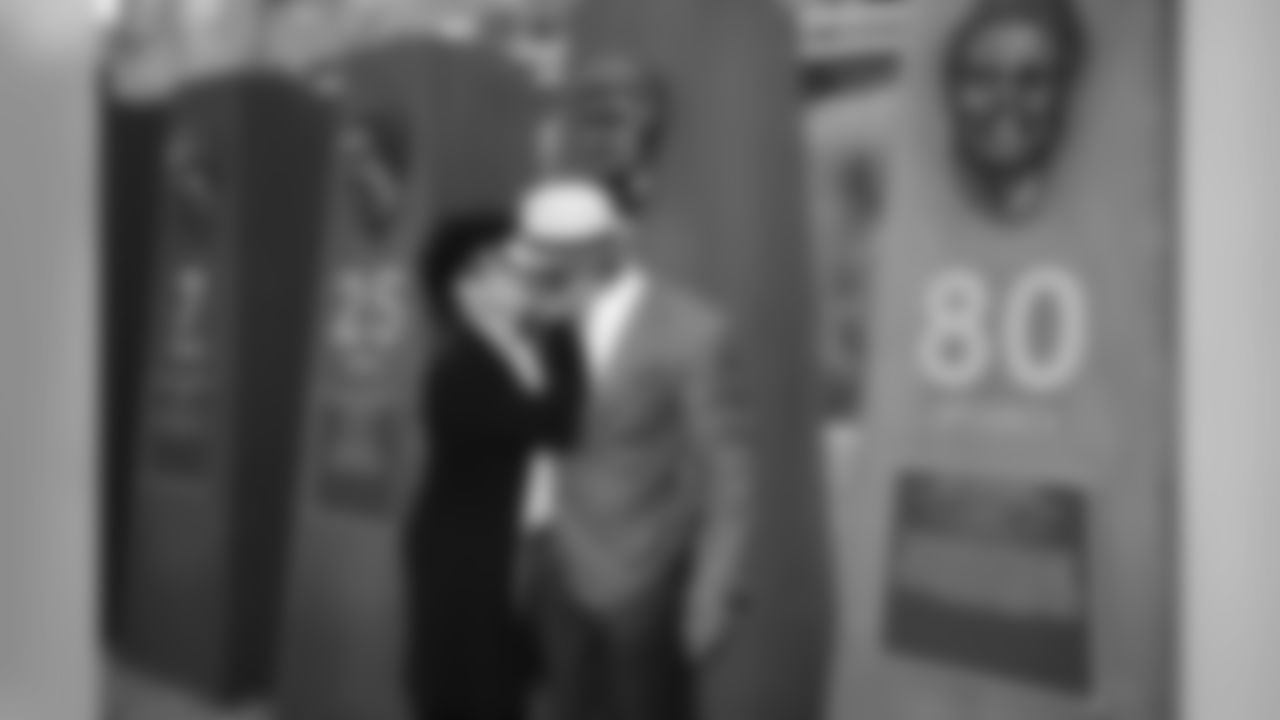
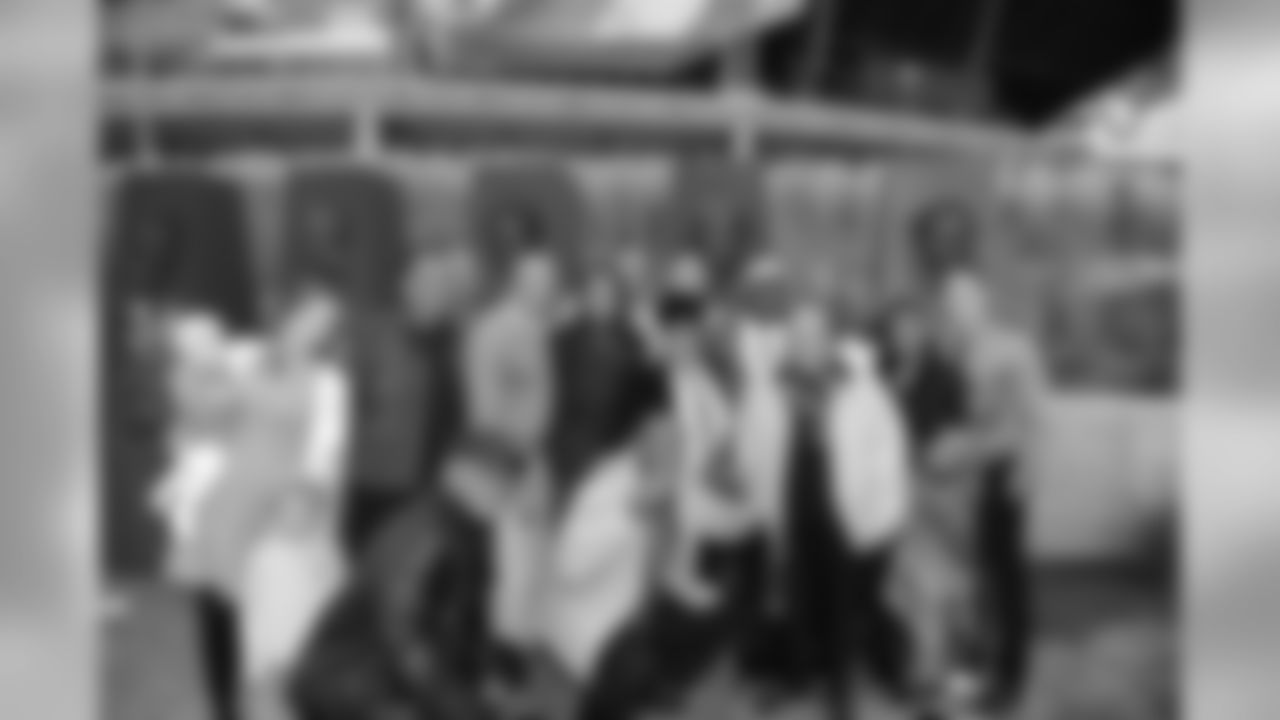
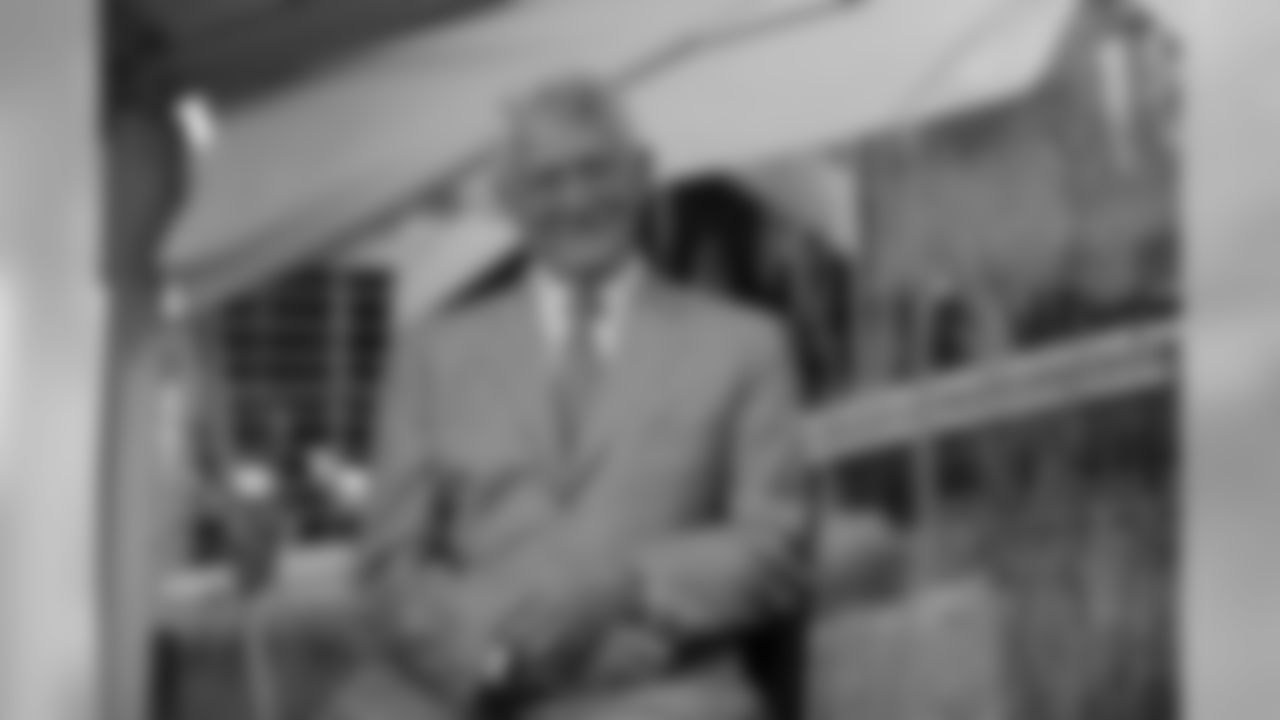


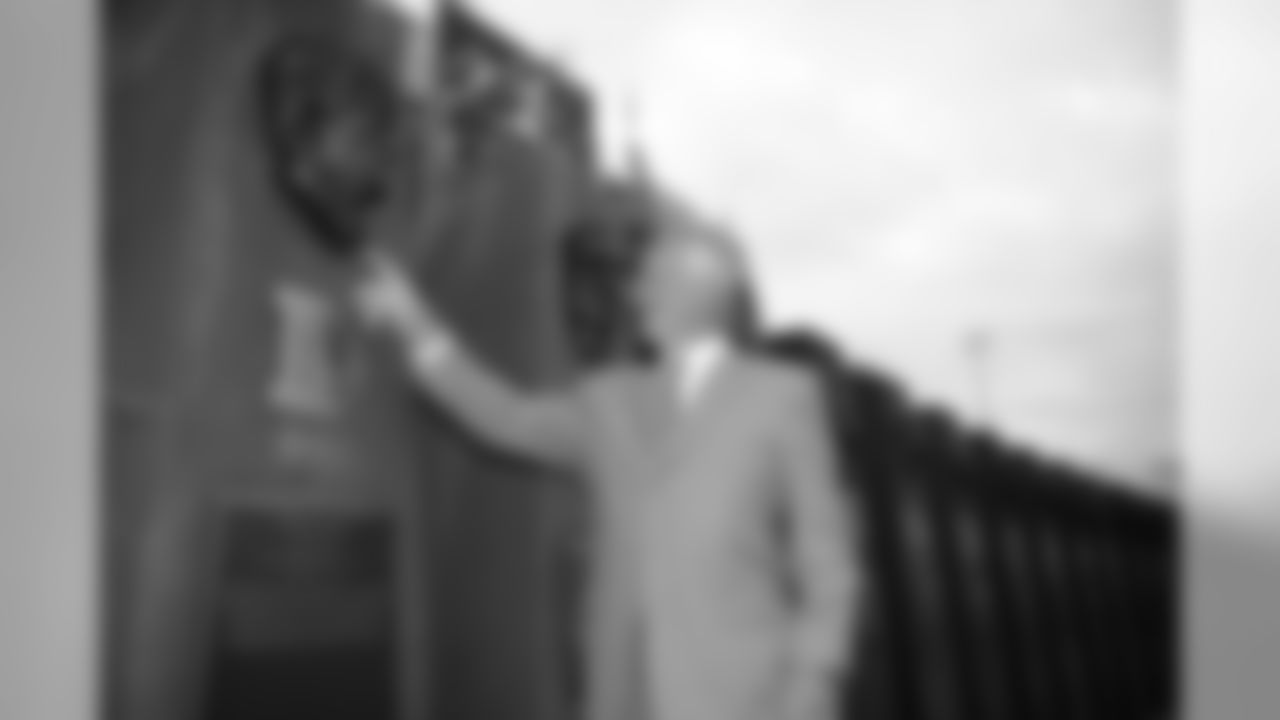

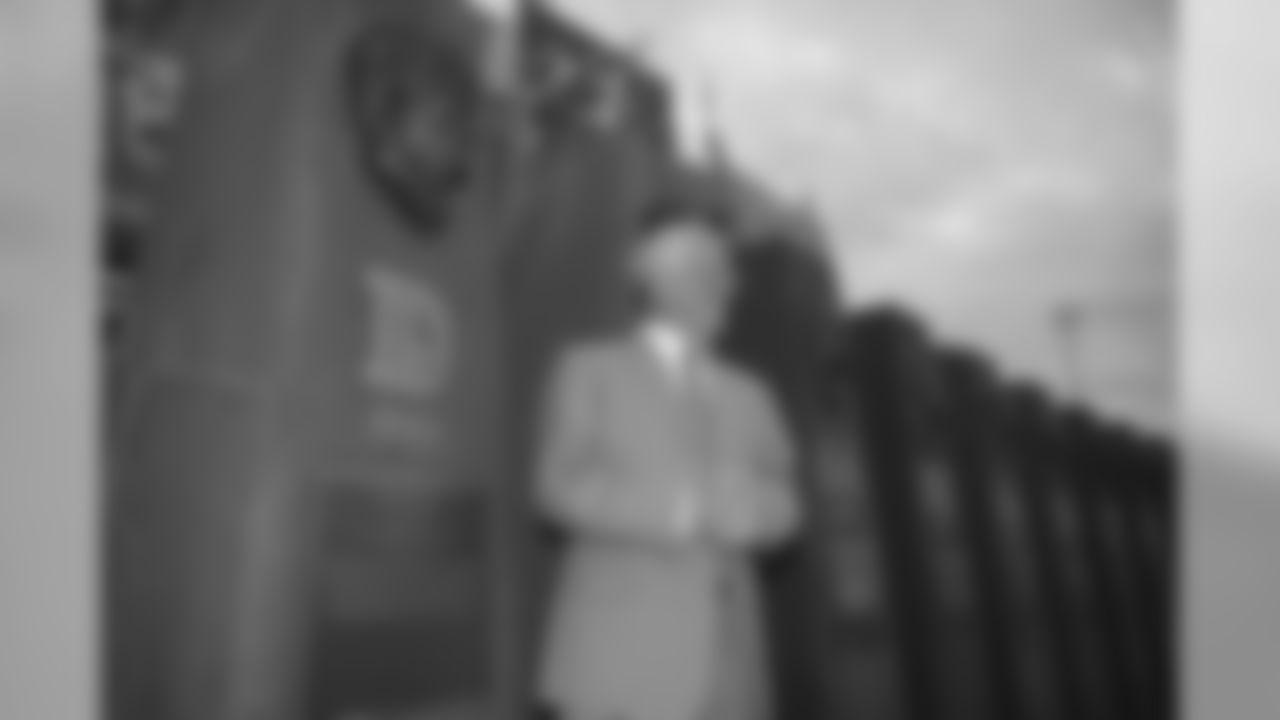

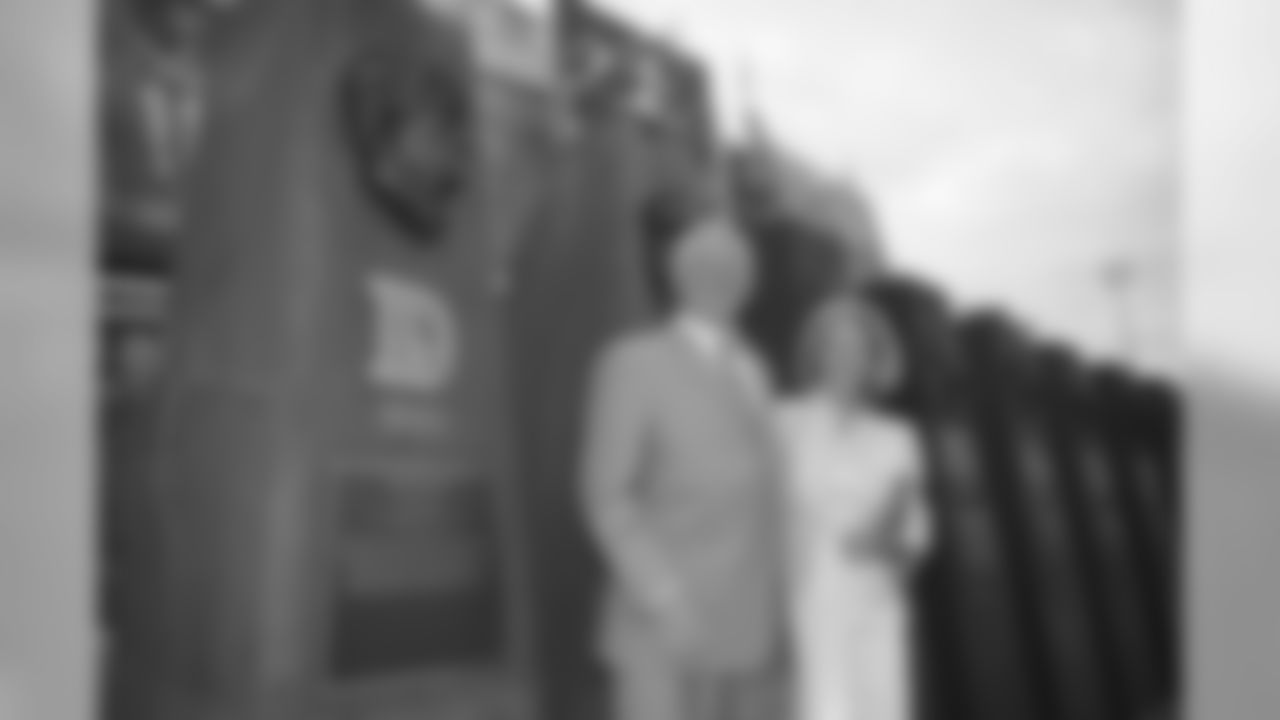
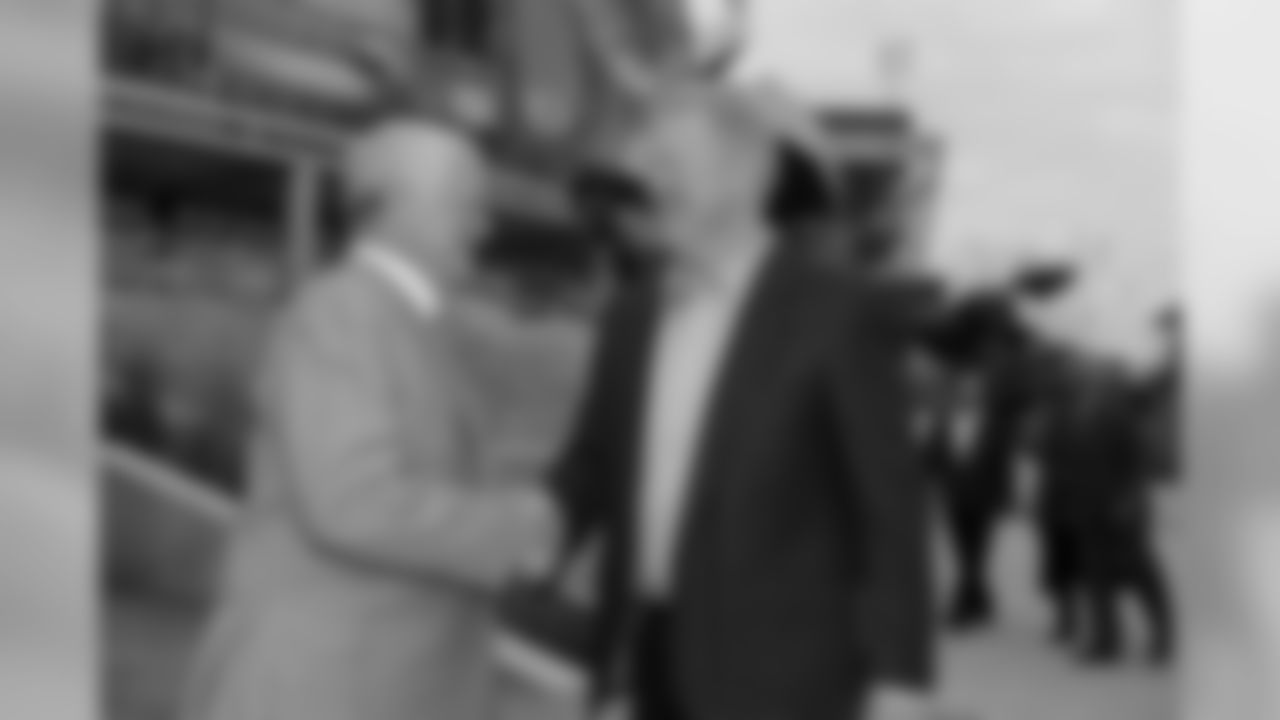
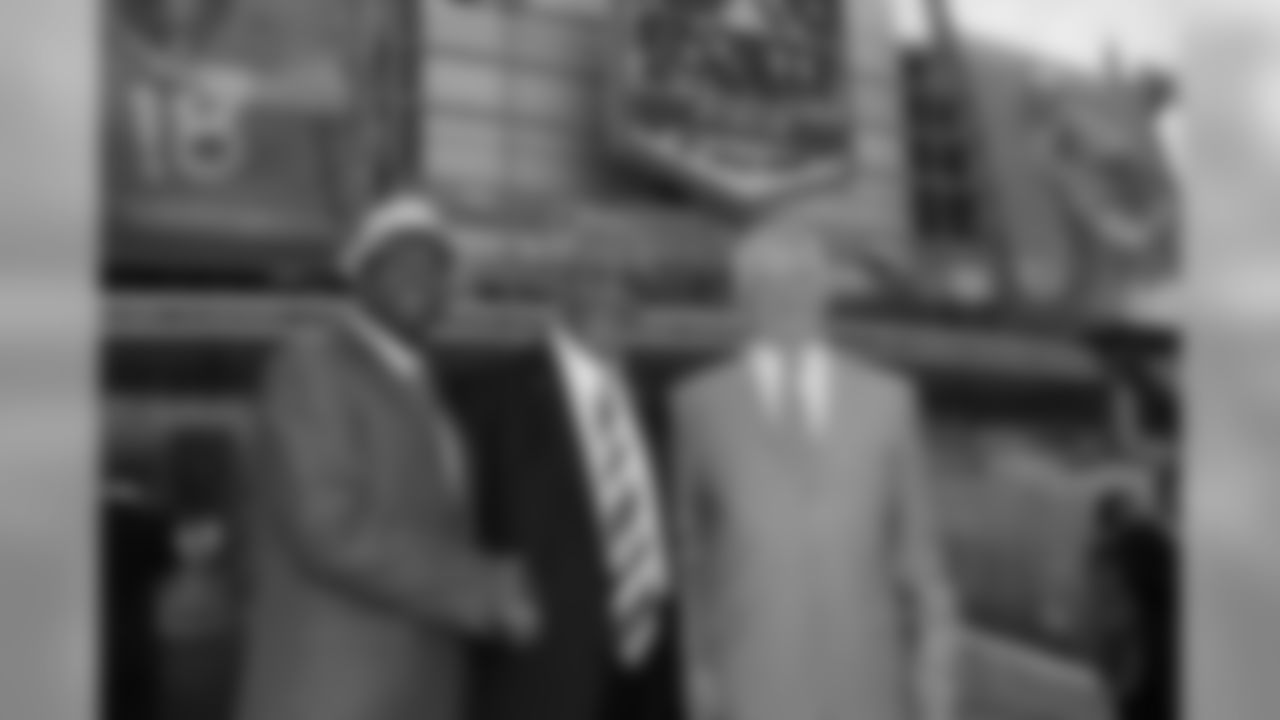
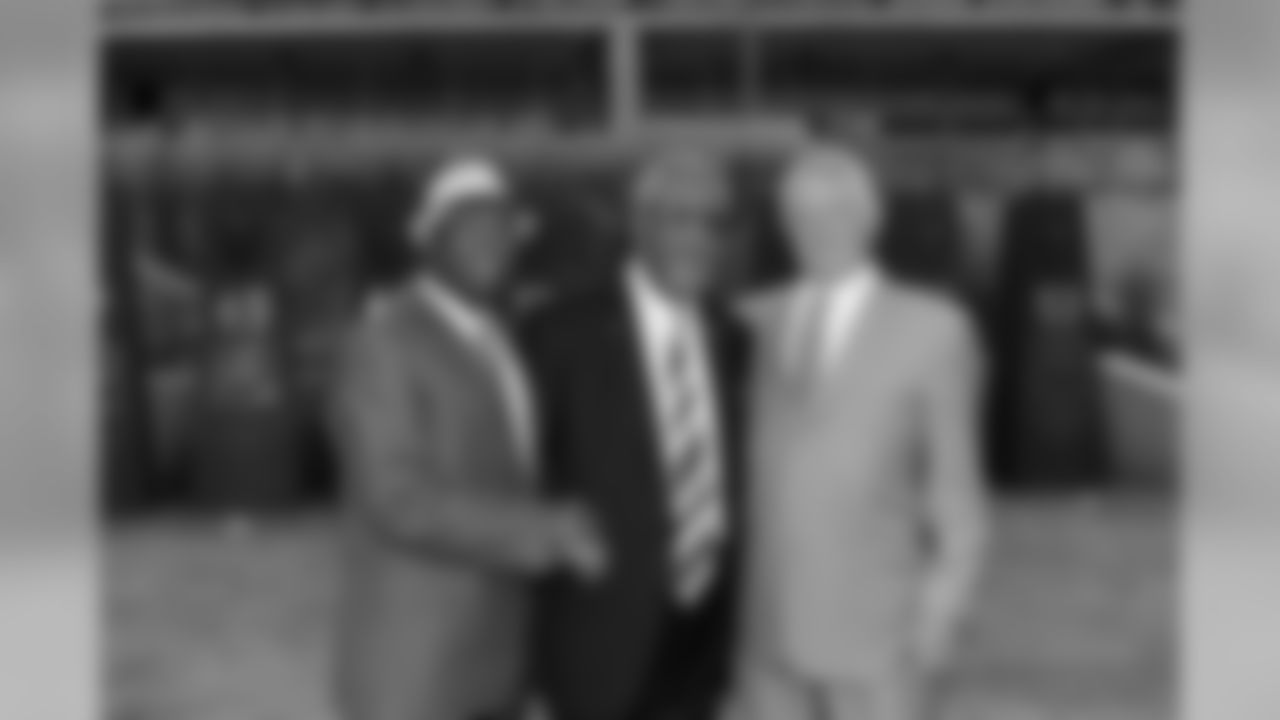
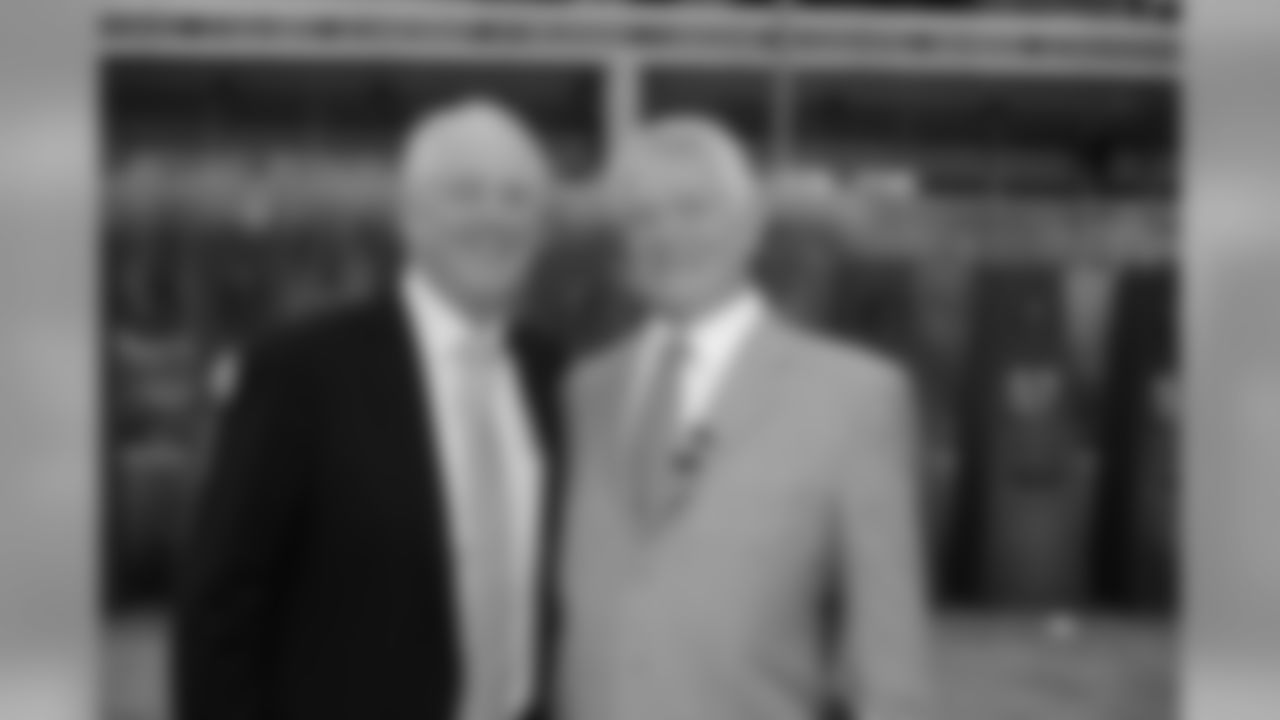
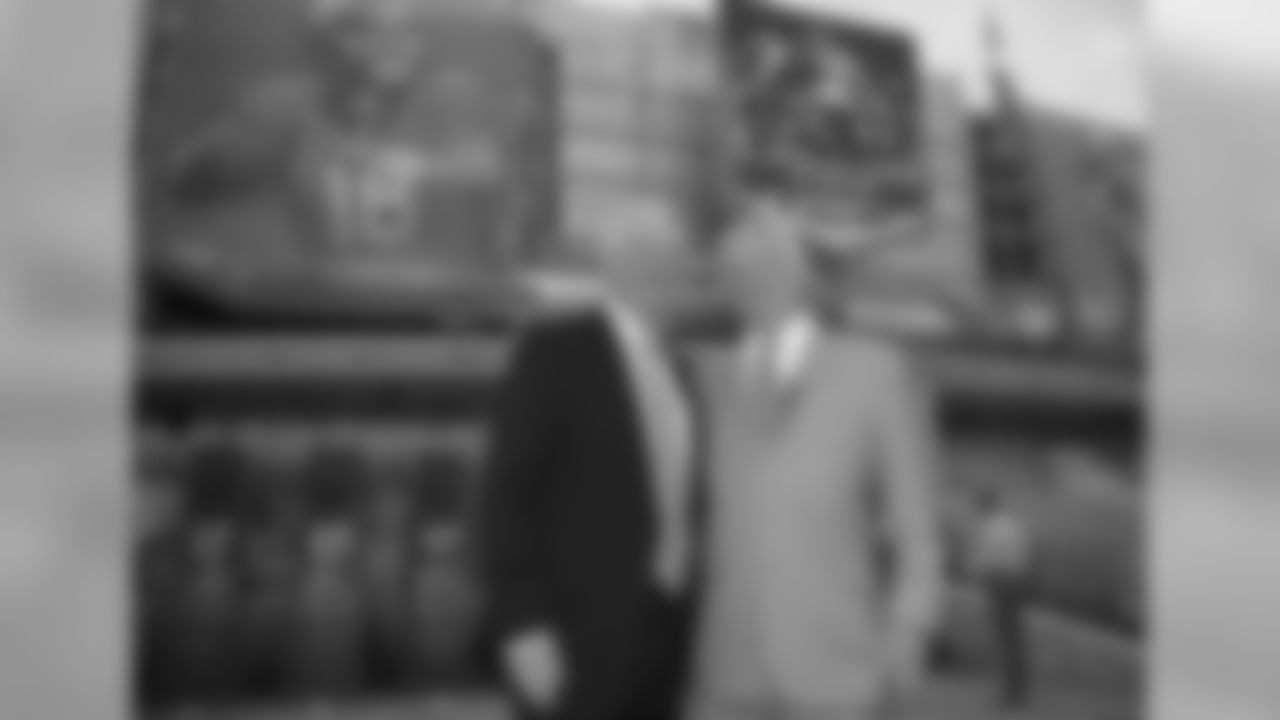
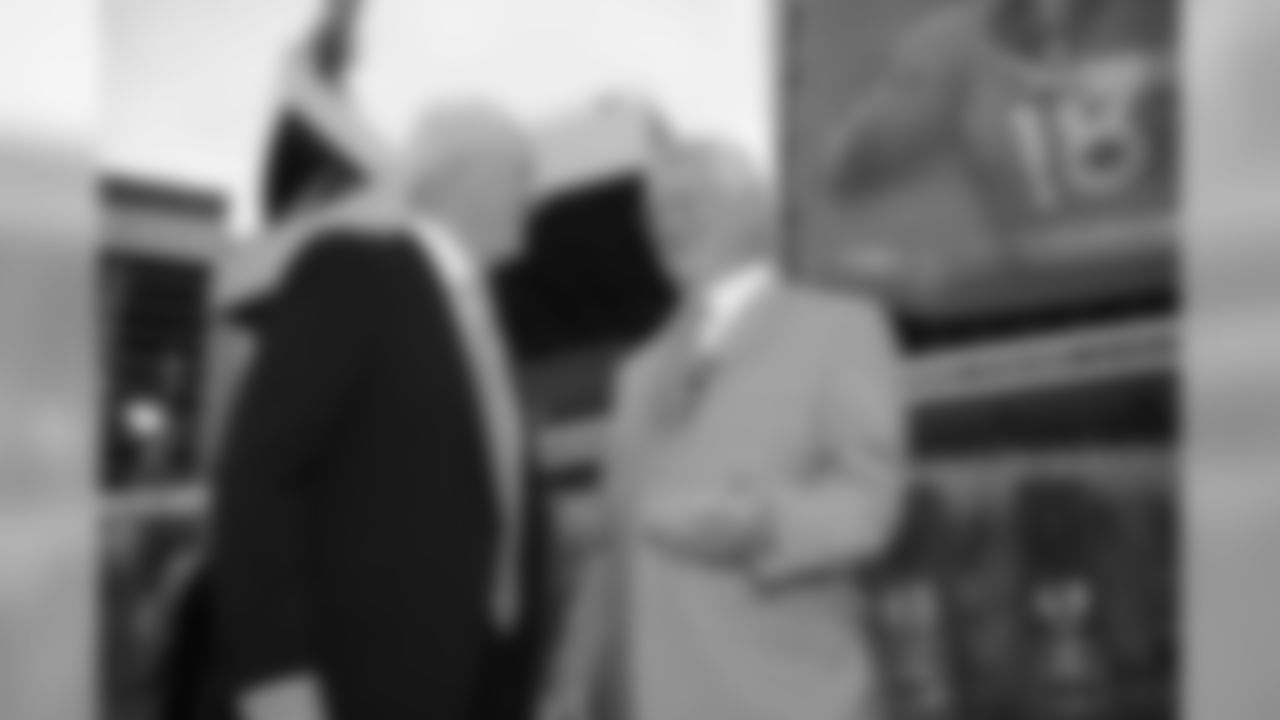
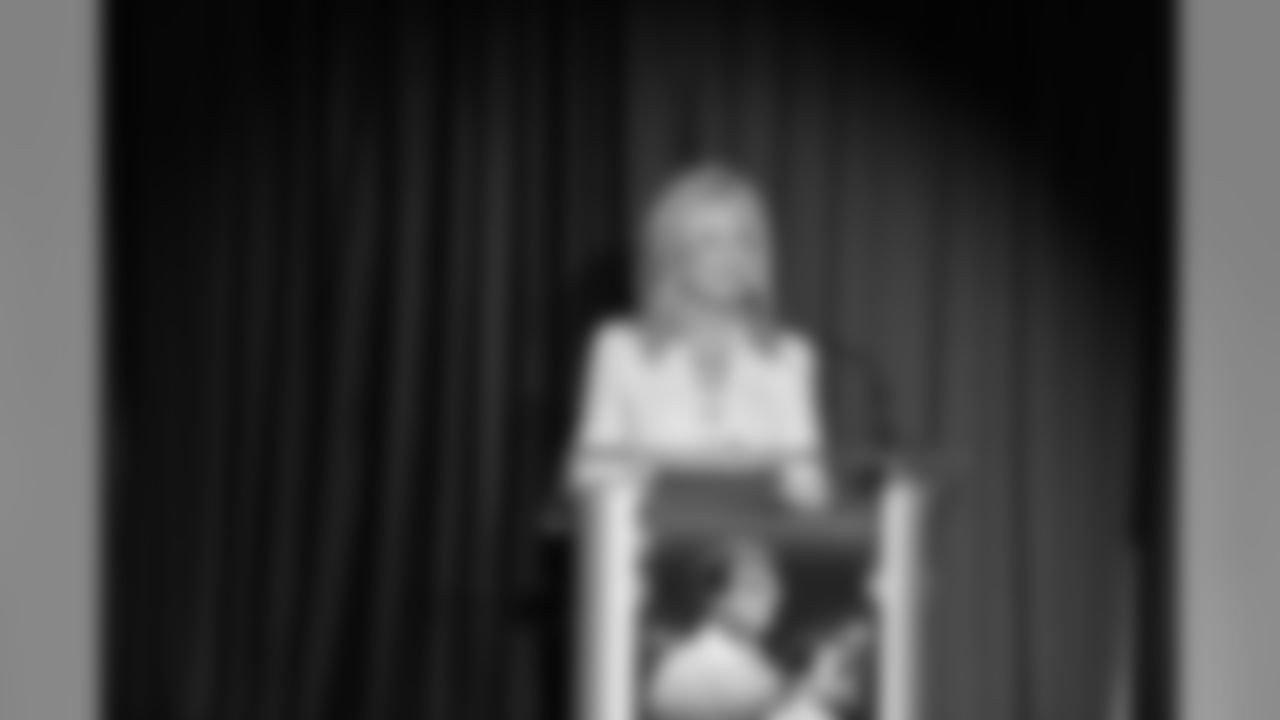
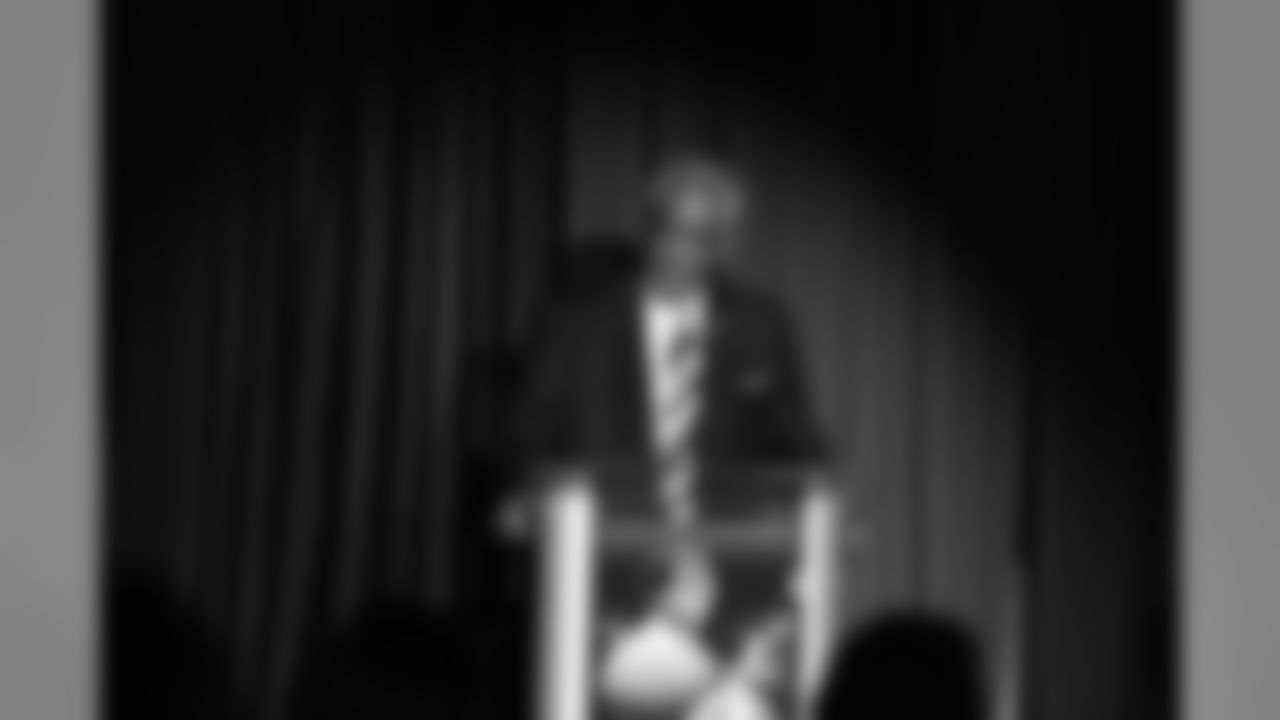


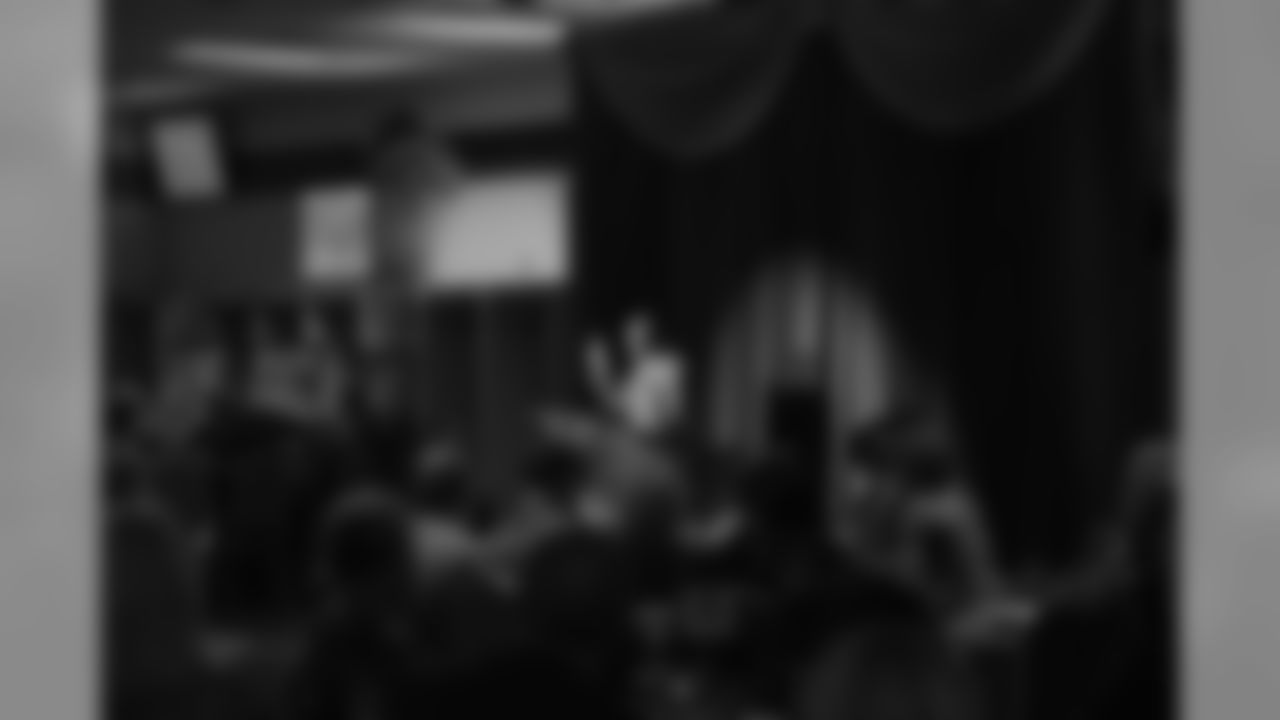
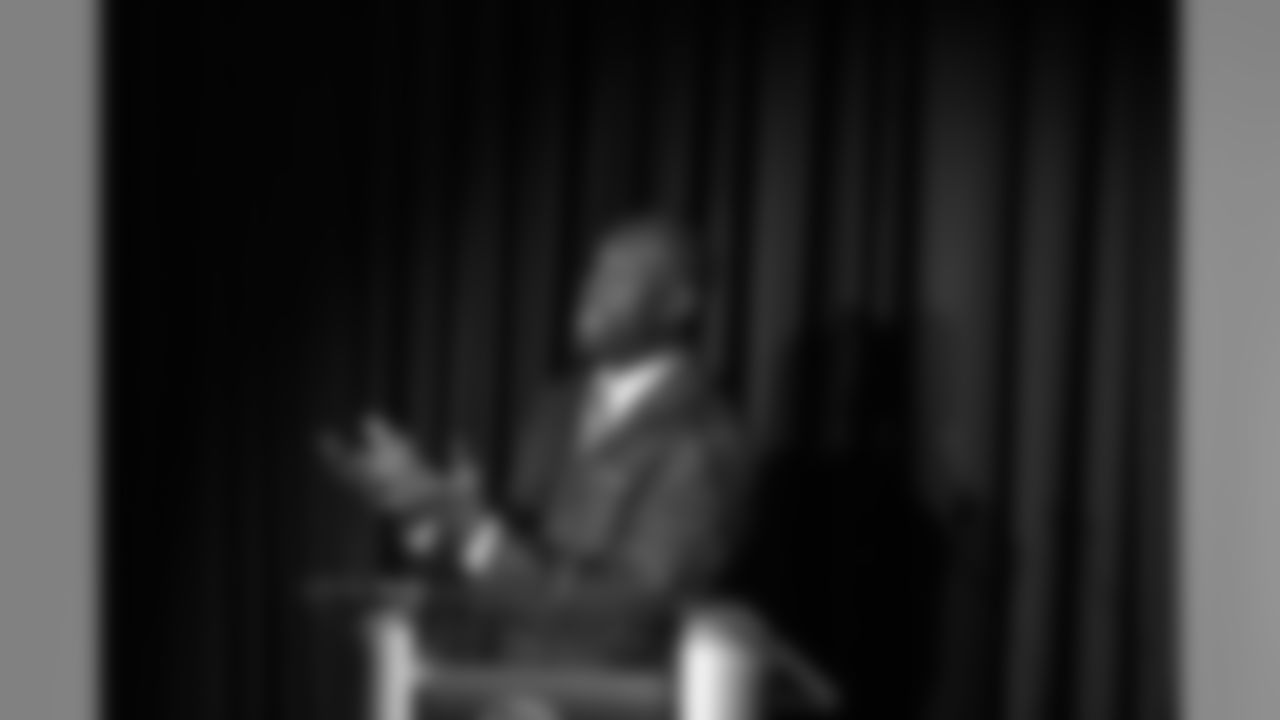
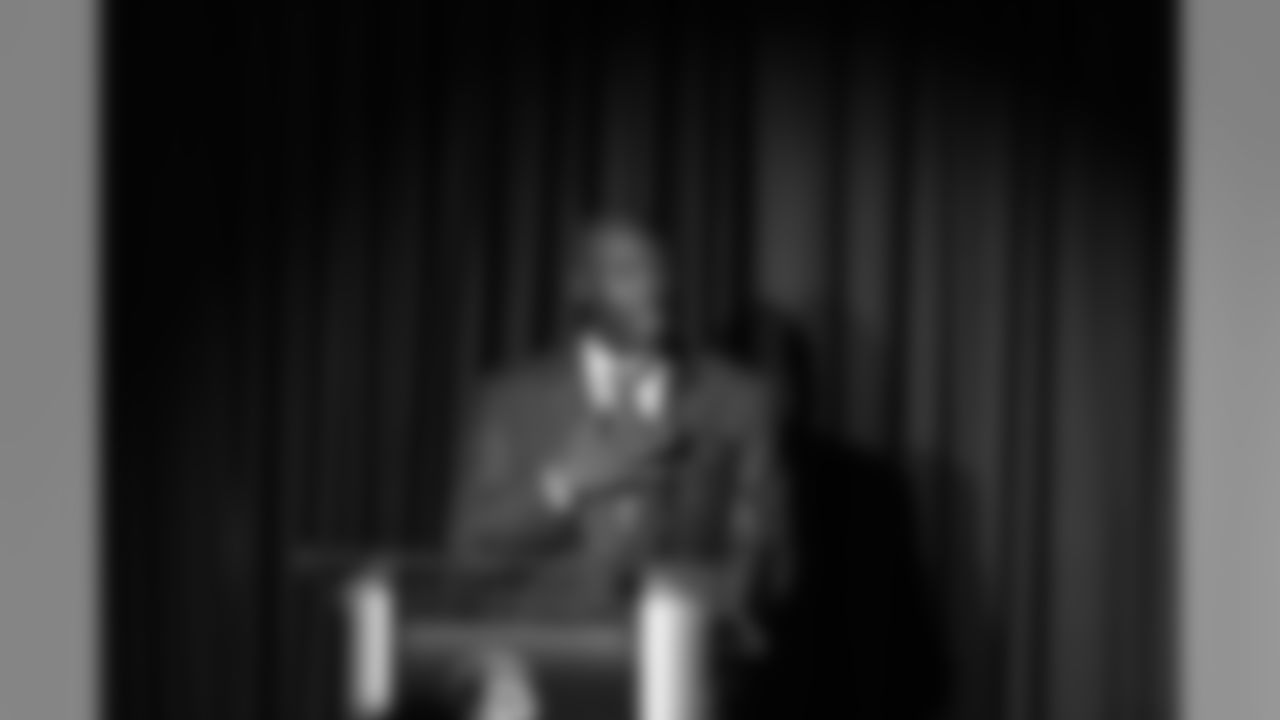

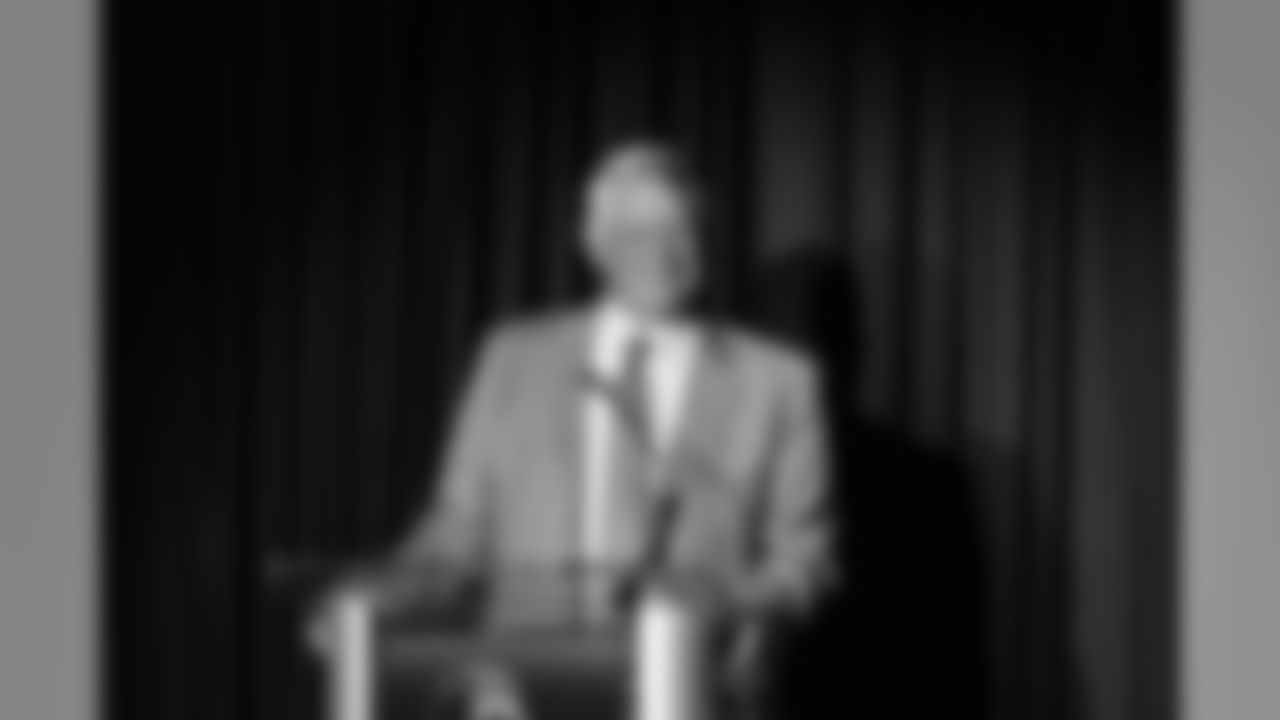
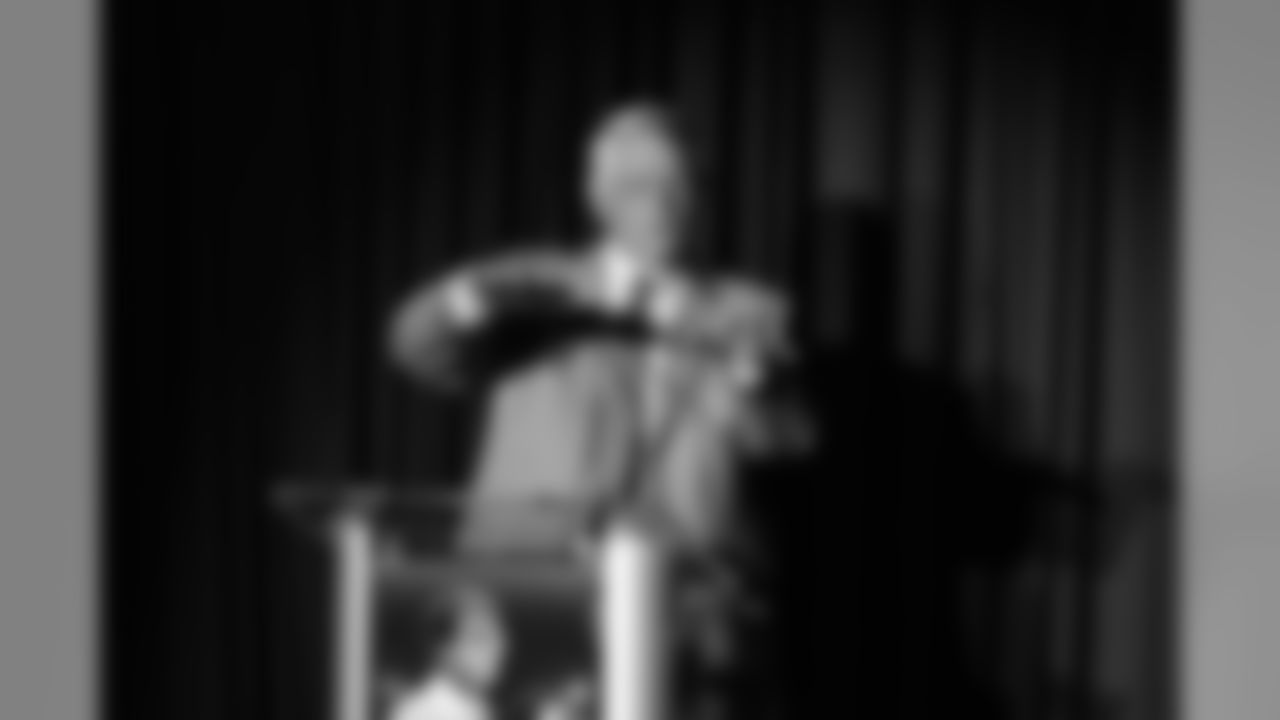
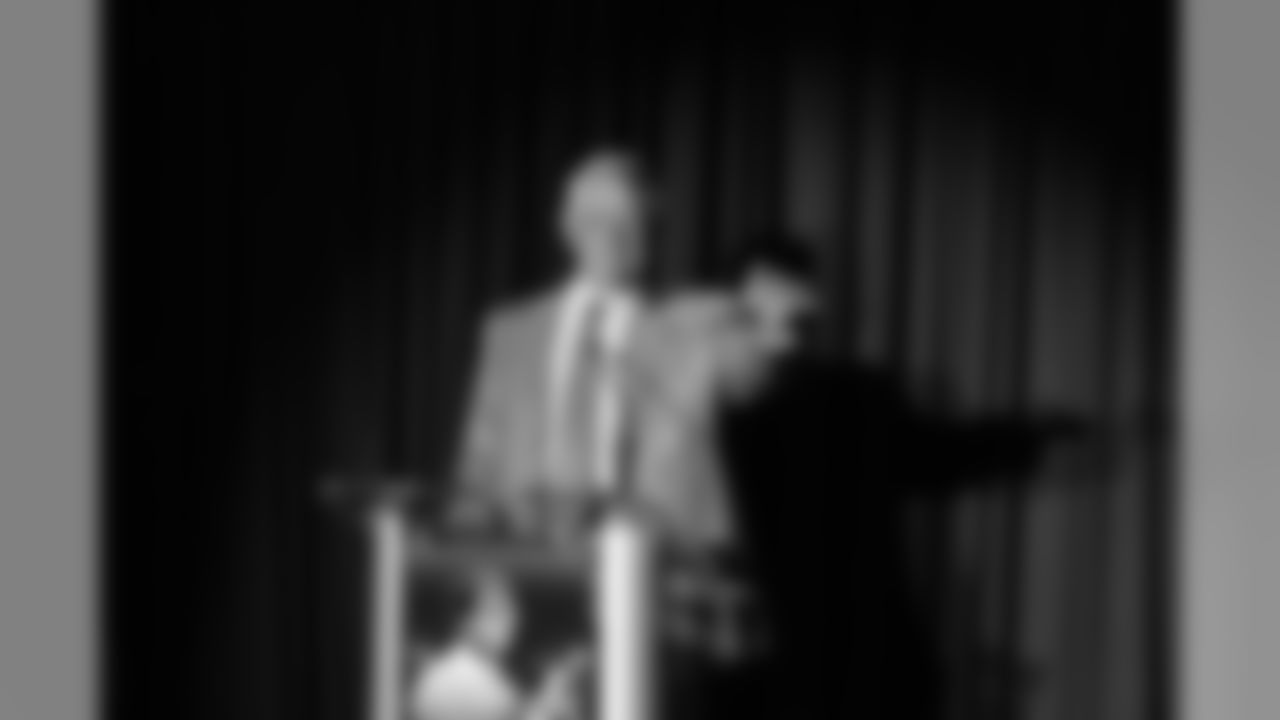
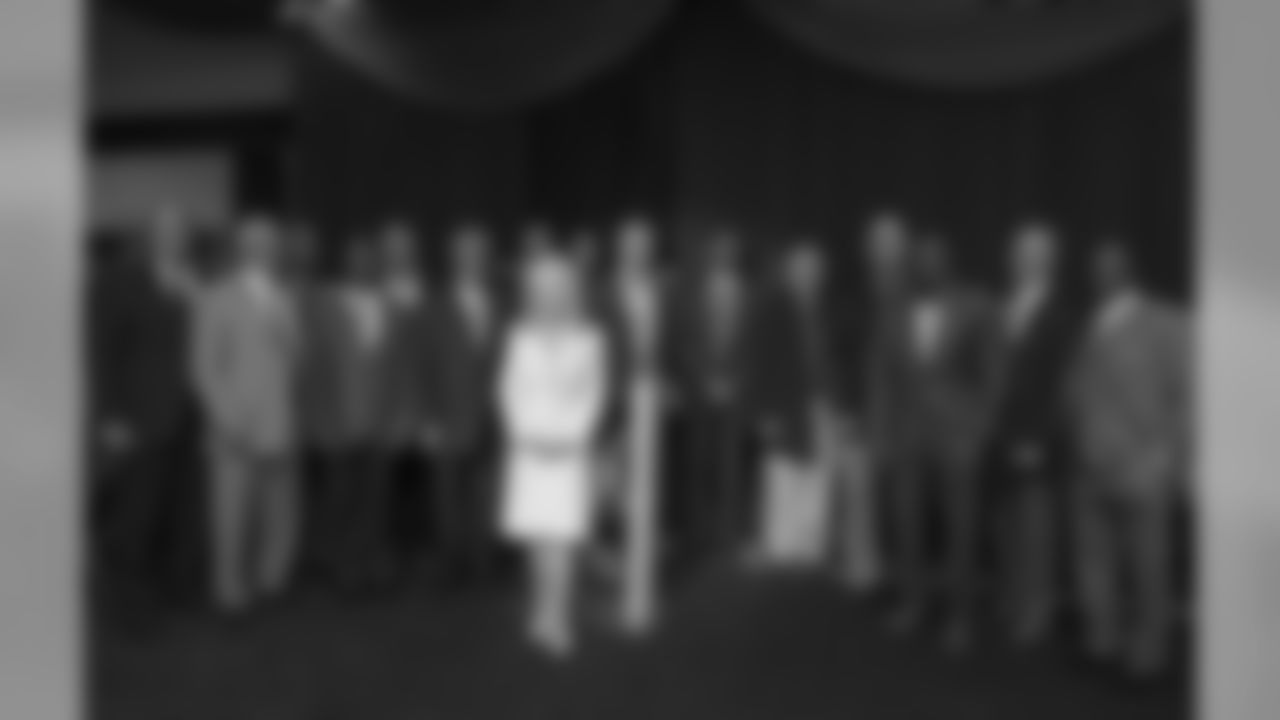
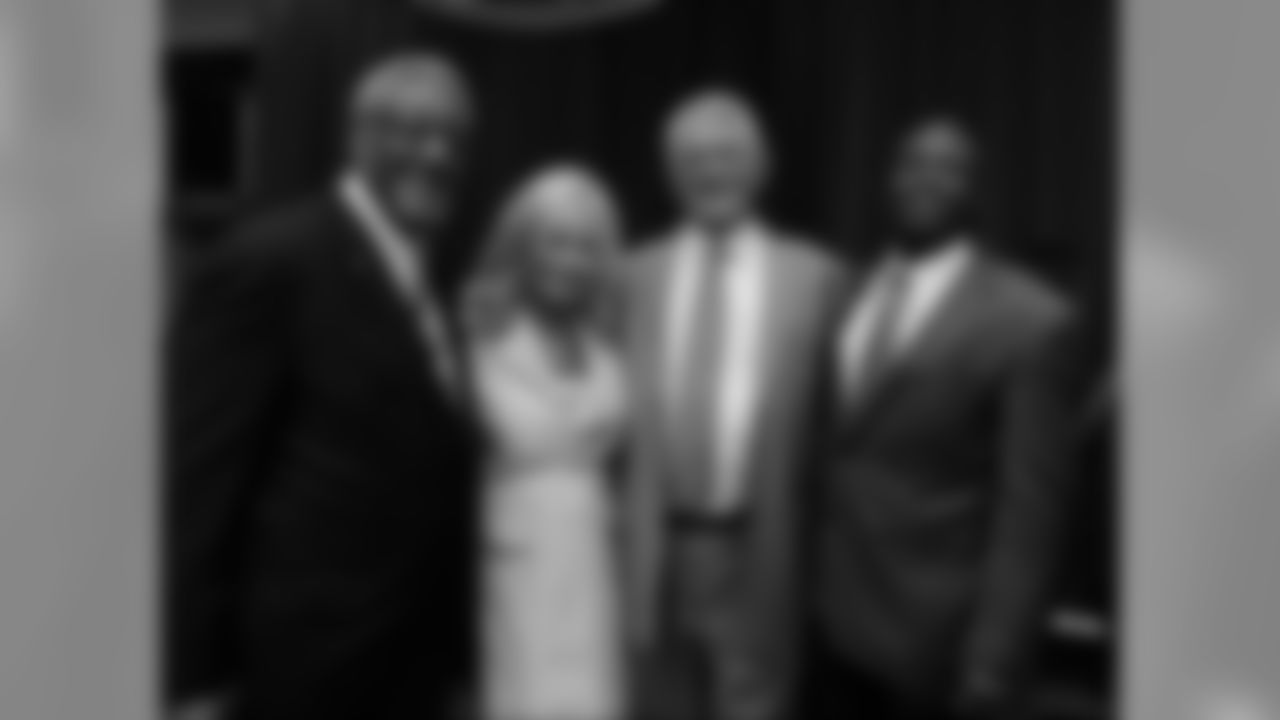
He went on to an outstanding 11-year pro career, the first five with the Broncos.
During his time in Denver, Mingo led the AFL in scoring in 1960 and again in 1962, and in his five-year stint the only players in pro football who scored more points were Hall of Famers Jim Brown and Paul Hornung, and Boston Ring of Famer Gino Cappelletti.
Mingo had a record that is such a rarity it likely will never be matched: the versatile halfback and kicker scored from 50 yards or more by rushing attempt, pass reception, punt return (as noted here), by halfback pass (in fact, he threw two 50-plus touchdown passes in the same half of one game!), and by kicking a field goal of that length as well.
It has been a long time since his playing days ended, but he was active for many years in the Denver area as a drug and alcohol counselor, specializing in intervention work.
He also was active for many years in the Denver Broncos Alumni Association.
Just as he was called upon to return punts at halftime of that first game, he remains ready to step into any situation for his old team.
"I have had a lot of good things happen in my life, an I'll always be a Bronco," he has said.
Gene Mingo entered the Denver Broncos Ring of Fame in 2014 for his great career on the field and as a pioneer for the Broncos and in the AFL.
The Broncos have had many great players, but there can only be one "first," and the team is proud of Gene Mingo and everything he has done on and off the field from those beginnings in 1960 to laying the foundation for our great championship history.














